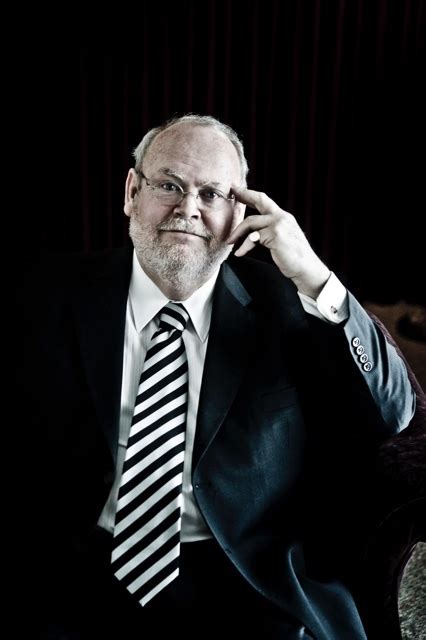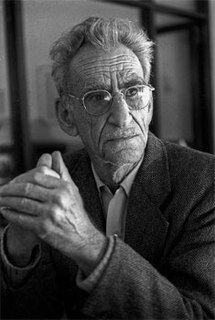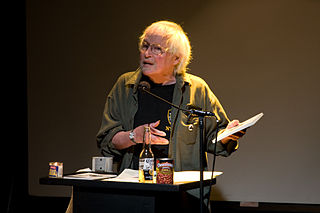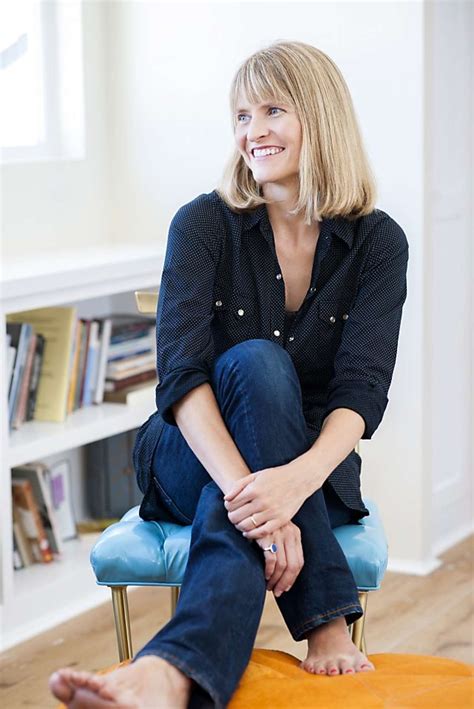A Quote by Thomas Lynch
Usually a poem takes shape accoustically - a line or a pair of lines will repeat itself in my ear.
Related Quotes
It was early on in 1965 when I wrote some of my first poems. I sent a poem to 'Harper's' magazine because they paid a dollar a line. I had an eighteen-line poem, and just as I was putting it into the envelope, I stopped and decided to make it a thirty-six-line poem. It seemed like the poem came back the next day: no letter, nothing.
What is line? It is life. A line must live at each point along its course in such a way that the artist's presence makes itself felt above that of the model... With the writer, line takes precedence over form and content. It runs through the words he assembles. It strikes a continuous note unperceived by ear or eye. It is, in a way, the soul's style, and if the line ceases to have a life of its own, if it only describes an arabesque, the soul is missing and the writing dies.
I think what gets a poem going is an initiating line. Sometimes a first line will occur, and it goes nowhere; but other times - and this, I think, is a sense you develop - I can tell that the line wants to continue. If it does, I can feel a sense of momentum - the poem finds a reason for continuing.
The ear participates, and helps arrange marriages; the eye has already made love with what it sees. The eye knows pleasure, delights in the body's shape: the ear hears words that talk about all this. When hearing takes place, character areas change; but when you see, inner areas change. If all you know about fire is what you have heard see if the fire will agree to cook you! Certain energies come only when you burn. If you long for belief, sit down in the fire! When the ear receives subtly; it turns into an eye. But if words do not reach the ear in the chest, nothing happens.
I am always interested in the ways of scoring the sound of the poem, especially a poem with long lines. Spaces within a line, double colons, slashes, are indications of pause, of breath, of urgency, they are not metrically exact as in a musical notation but they serve (I hope) to make the reader think about the sound of the poem - just as traffic symbols, when driving, make us almost unconsciously aware of a steep hill, an intersection, an icy bridge etc.



































